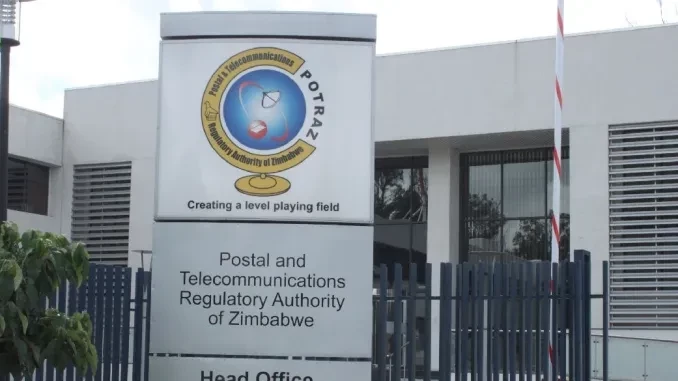
THE Postal and Telecommunications Regulatory Authority of Zimbabwe (Potraz) has approved an adjustment to Zimbabwe Gold (ZiG) tariffs for local telecommunications companies.
The new tariff adjustment, which took effect over the weekend, are seen as a response to last month’s devaluation of the ZiG, forcing operators to align pricing with current economic conditions.
In a notice to customers, Econet and NetOne separately published the revised charges for voice, data and SMS services.
The new rates include ZiG0,0177 per second for voice calls, ZiG0,1660 per MB for data and ZiG0,2161 per SMS.
The US dollar tariffs remain the same.
Industry experts say the tariff adjustments were essential for telecommunication companies to continue to provide reasonable quality of services while maintaining a measure of viability.
“The combination of rising inflation and currency devaluation has drastically increased operational costs, making price increases inevitable,” one industry insider said.
In September, the Reserve Bank of Zimbabwe raised interest rates and devalued the gold-backed ZiG by 43% as it moved to initiate measures to stabilise the currency.
- Potraz licences new mobile operator
- Econet raises tariffs to counter rising costs
- Telcos' tariff hikes cripple Zimbabweans
- Potraz appeals to govt on US$ pricing
Keep Reading
However, the devaluation significantly affected key sectors, including the telecommunications sector, which heavily depends on imported equipment and software.
As the ZiG lost value, the cost of providing services skyrocketed.
Despite being one of Zimbabwe’s more resilient industries, the telecommunications sector has for years been grappling with shortages of vital foreign currency, power outages, local currency devaluation and relatively high inflation.
Any devaluation of the local currency places an additional strain on operators, who must also invest in new technologies and infrastructure to maintain good quality of service and keep up with a fast-changing global technology industry.











